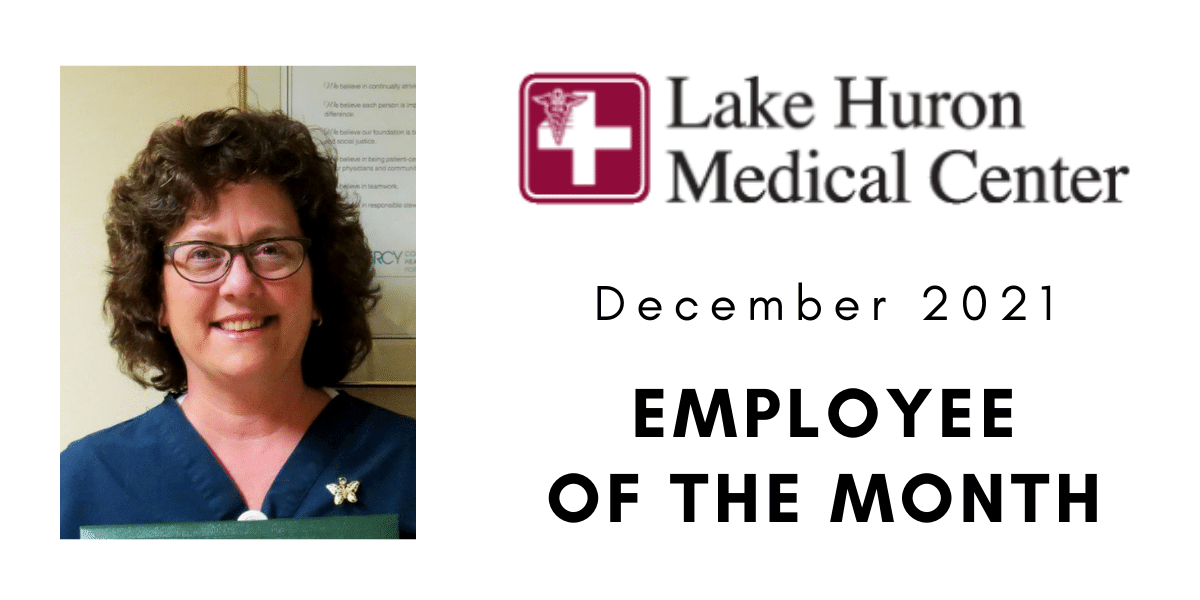Deadline for HealthCare.gov Insurance Signup is December 15th
Need health insurance? Time is running out to purchase coverage from the health insurance marketplace. The deadline for signing up for a plan is December 15th to have coverage lined up for January 1st of 2022. Waiting until after the deadline will push coverage to starting February 1st.
Anita Fox, Director of the Michigan Department of Insurance and Financial Services, said, ”We know that comprehensive health insurance leads to better health outcomes for individuals and families, so it is important to take advantage of this opportunity to get low- or no-cost coverage.”
There are 174 approved health plans from ten insurers on the Health Insurance Marketplace, healthcare.gov. Off-market plans are also available, bringing it up to 256 possibilities for coverage.
If cost is a concern, there are a number of subsidies from the American Rescue Plan. Customers had their premiums reduced by about 45% in 2021. According to the state insurance office, 80% of customers pay less than $10 a month.
Free local enrollment help is available by visiting LocalHelp.HealthCare.gov or by calling 800-318-2596.
Michiganders can visit HealthCare.gov/Lower-Costs to estimate whether they may qualify for subsidies and other savings.
Reporting for WGRT – Jennie McClelland






